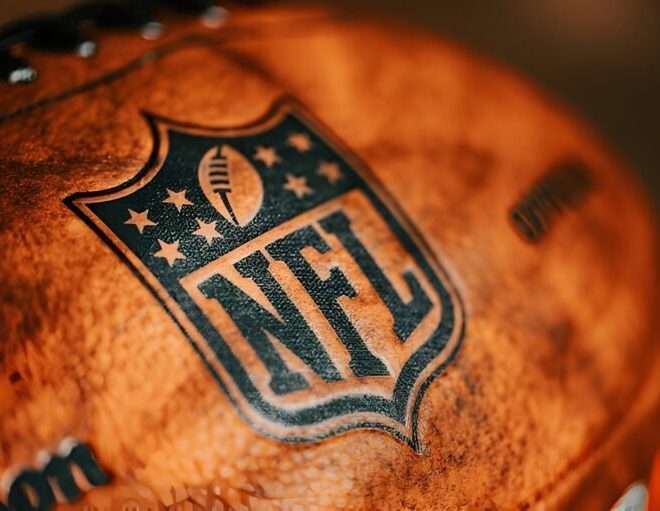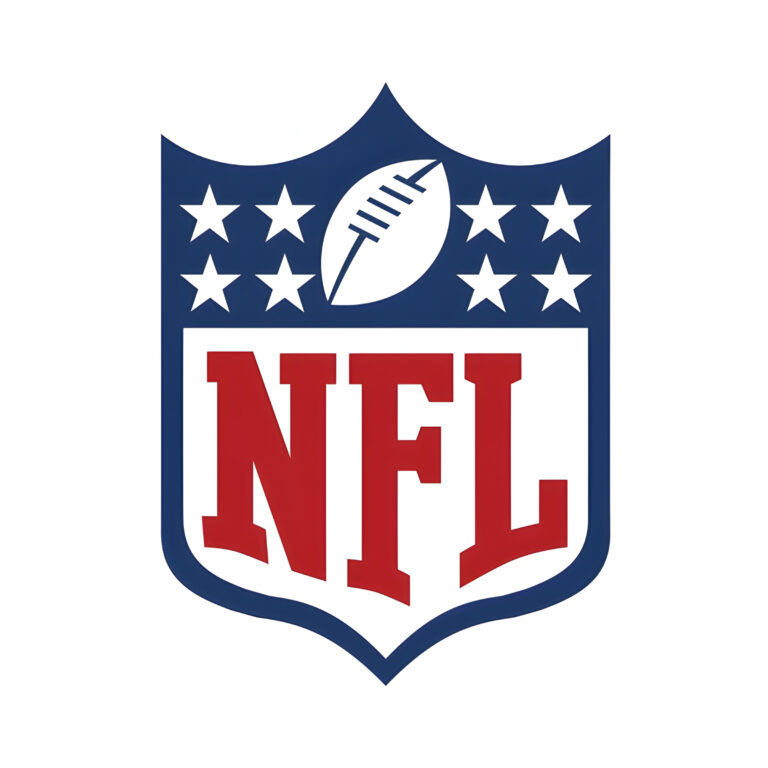At an NFL event, a judge has recently thrown out the $4.7 billion verdict against the NFL’s ‘Sunday Ticket’ package. This decision has far-reaching implications for both the league and its fans, potentially reshaping the landscape of sports broadcasting and consumer rights.
Background of the Verdict
The Original Lawsuit
The lawsuit in question was initially filed by a group of fans and commercial entities who argued that the NFL’s exclusive arrangement with DirecTV for the ‘Sunday Ticket’ package violated antitrust laws. The plaintiffs claimed that this arrangement unfairly restricted their ability to watch out-of-market games, thereby inflating prices and limiting choices for consumers.
The $4.7 Billion Verdict
In a landmark decision, the court initially sided with the plaintiffs, awarding them $4.7 billion in damages. This verdict was seen as a major victory for consumer rights and a significant blow to the NFL’s business practices. However, the NFL quickly moved to appeal the decision, arguing that the exclusive contract with DirecTV was lawful and beneficial to the league and its fans.
The Judge’s Decision to Overturn the Verdict
Legal Reasoning
The judge’s decision to overturn the $4.7 billion verdict was based on several key legal points. Firstly, the judge found that the plaintiffs had failed to demonstrate that the exclusive arrangement with DirecTV caused them any direct harm. Additionally, the judge ruled that the NFL’s contract with DirecTV did not violate antitrust laws, as it did not significantly reduce competition in the market for televised football games.
Implications for the NFL
For the NFL, this decision is a major relief. The league was facing the possibility of having to make substantial changes to its broadcasting agreements and potentially pay billions in damages. With the verdict overturned, the NFL can continue its current broadcasting arrangements without the immediate threat of further legal challenges.
Impact on NFL Fans and the Broadcasting Market
NFL Immediate Effects
For fans, the immediate effects of this decision are mixed. On one hand, those who were hoping for more competitive pricing and greater access to out-of-market games may be disappointed. On the other hand, the stability provided by the current arrangement with DirecTV ensures that fans will continue to receive a consistent product without disruption.
Long-Term Implications
In the long term, this decision may have broader implications for the sports broadcasting market. It could embolden other leagues to pursue similar exclusive arrangements, potentially leading to less competition and higher prices for consumers. Conversely, it may also encourage regulatory bodies to scrutinize these agreements more closely to ensure they do not unfairly restrict consumer choice.
Conclusion
The judge’s decision to throw out the $4.7 billion verdict against the NFL’s ‘Sunday Ticket’ package marks a significant development in the ongoing debate over sports broadcasting rights and consumer access. While the immediate impact on fans and the NFL is clear, the long-term implications for the broader market remain to be seen. This case underscores the complex interplay between legal, economic, and consumer interests in the ever-evolving world of sports broadcasting.
FAQs
1. What was the $4.7 billion verdict about?
The $4.7 billion verdict was the result of a lawsuit against the NFL regarding its exclusive contract with DirecTV for the ‘Sunday Ticket’ package, which fans claimed violated antitrust laws by limiting their access to out-of-market games.
2. Why did the judge overturn the verdict?
The judge overturned the verdict because the plaintiffs failed to demonstrate direct harm from the NFL’s exclusive agreement with DirecTV, and the court ruled that the contract did not violate antitrust laws.
3. What are the implications of this decision for the NFL?
This decision allows the NFL to maintain its current broadcasting arrangements with DirecTV without the threat of significant legal challenges or changes to its business model.
4. How does this affect fans?
Fans may be disappointed by the lack of immediate changes to pricing or access to out-of-market games, but they will continue to receive consistent coverage under the current broadcasting agreement.
5. What could be the long-term impact on the sports broadcasting market?
The ruling may embolden other sports leagues to pursue similar exclusive contracts, potentially leading to less competition and higher prices for consumers, while also prompting regulators to scrutinize such agreements more closely.
6. Can the plaintiffs appeal the judge’s decision?
Yes, the plaintiffs have the option to appeal the judge’s decision, but it will depend on their legal strategy and the specific grounds for appeal.
7. What does this case mean for future broadcasting contracts?
This case sets a precedent that may influence how exclusive broadcasting contracts are negotiated and regulated in the future, impacting both leagues and consumers.
To get more updates on NFl, be sure to stay tuned to Red Hat Life.




